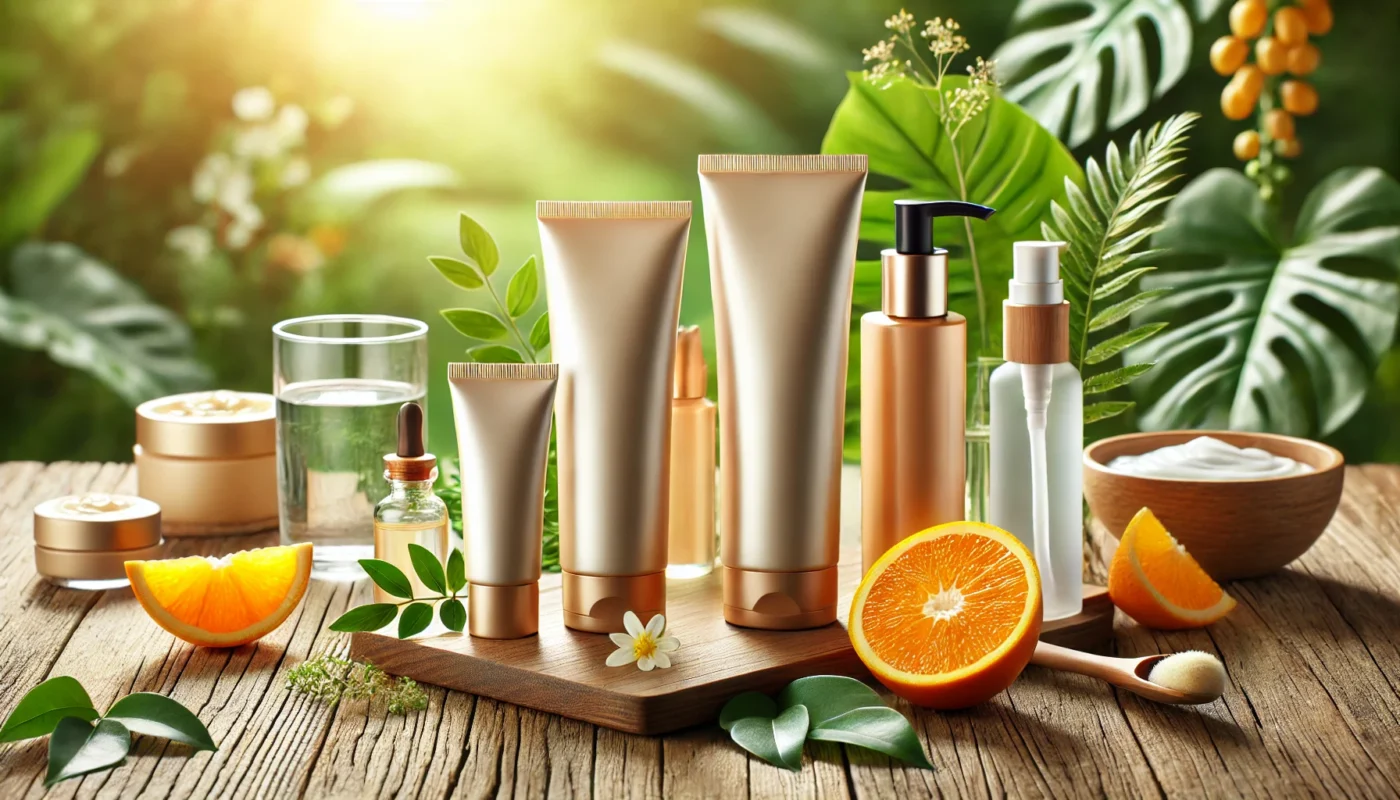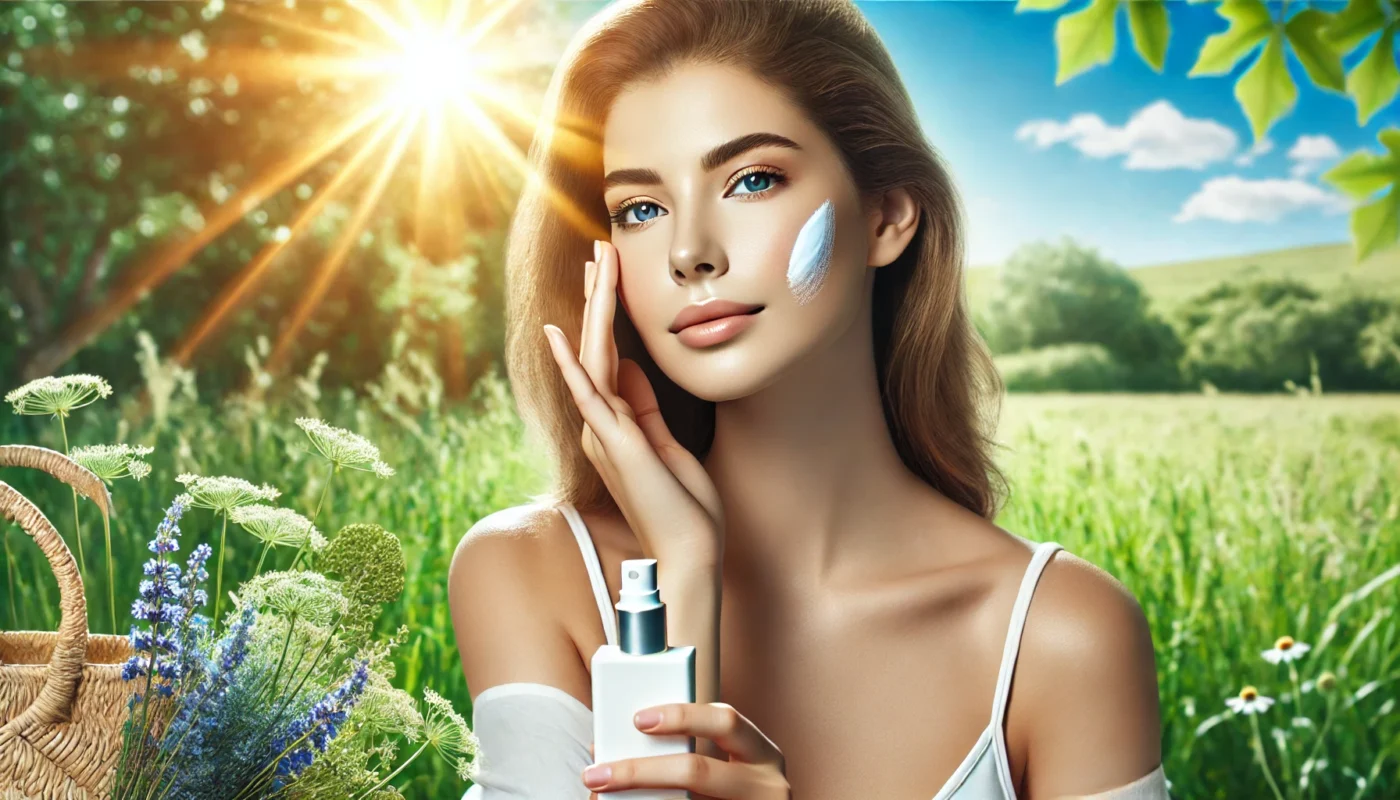Acne-prone skin is often characterized by frequent breakouts, clogged pores, and sensitivity. The right sunscreen must provide broad-spectrum protection without clogging pores or exacerbating existing blemishes.
Tag Archives: sunscreen for sensitive skin
Sunscreen is a crucial part of any skincare routine. It protects our skin from harmful UV rays, reducing the risk of sunburn and skin cancer.
But applying sunscreen isn’t as simple as slathering on some lotion and heading out the door. There’s a science to it, and understanding this can help you maximize your sun protection.
This comprehensive guide will delve into the intricacies of sunscreen application. We’ll explore the science behind UV radiation and how different types of sunscreens work to shield your skin.
We’ll also discuss how to choose the right sunscreen for your skin type. Whether you have sensitive, oily, dry, or mature skin, there’s a sunscreen out there for you.
One common challenge is applying sunscreen to hard-to-reach areas like the back. We’ll provide practical tips and step-by-step guidance on how to tackle this.
When it comes to maintaining healthy and radiant skin, sun protection is non-negotiable. The sun’s ultraviolet (UV) rays can lead to premature aging, sunburn, and even increase the risk of skin cancer. With an overwhelming array of products claiming to be the “best sunscreen for face,” how do you choose the right one for your skin type?
In this comprehensive guide, we delve into the world of facial sunscreens, providing insights and recommendations that are both scientifically grounded and practically applicable.
Sun protection is a crucial aspect of skin health. Yet, not all sunscreens are created equal.
Enter mineral sunscreen for the face. This type of sunscreen offers a natural, effective alternative to traditional chemical sunscreens.
But what makes it so special? And how does it contribute to your overall wellness?
This comprehensive guide will delve into the science behind mineral sunscreen. We’ll explore its benefits, particularly for sensitive skin, and how it compares to its chemical counterparts.
We’ll also provide practical tips on how to incorporate mineral sunscreen into your holistic skincare routine. By the end, you’ll be well-equipped to make informed decisions about your sun protection strategy.
Sun protection is a crucial part of any skincare routine. It shields our skin from harmful UVA and UVB rays.
But not all sunscreens are created equal. Some can leave a greasy residue, making your skin feel oily.
This can be a particular issue for those with oily or acne-prone skin. It can also be a nuisance for fitness enthusiasts who don’t want their sunscreen to interfere with their workout.
Enter non-oily sunscreens. These products offer the same protection without the greasy feel. They’re a game-changer for those who want to protect their skin without the shine.
In this guide, we’ll delve into the world of non-oily sunscreens. We’ll explore the science behind these formulations and how they can benefit your skin.
Sun protection is a crucial part of maintaining healthy skin. Yet, finding a high-quality, affordable sunscreen can be a daunting task.
This guide aims to simplify the process. We’ll delve into the world of sunscreens, exploring the best budget-friendly options available.
Understanding the science behind sun protection is key. We’ll explain terms like SPF and broad-spectrum, helping you make informed choices.
We’ll also discuss the differences between chemical and physical sunscreens. This will help you identify the best type for your skin and lifestyle.
Our focus will be on drugstore sunblocks. These products often offer the same protection as pricier counterparts, without the hefty price tag.
We’ll provide recommendations for various skin types. Whether you have sensitive skin or need a face-specific sunscreen, we’ve got you covered.
Finally, we’ll offer practical tips on how to incorporate sun protection into your daily routine.
Sun protection is a crucial part of any health and wellness routine. It’s not just about avoiding sunburns, but also about protecting your skin from premature aging and reducing the risk of skin cancer.
Mineral sunscreens, also known as physical sunscreens, have gained popularity for their skin-friendly and environmentally conscious properties. They use natural minerals, primarily zinc oxide and titanium dioxide, to shield your skin from harmful UV rays.
But with so many products on the market, how do you choose the best mineral sunscreen for your needs? Whether you have oily skin, need a sunscreen that works well under makeup, or are looking for a body sunscreen that doesn’t leave a white cast, we’ve got you covered.
In this comprehensive guide, we’ll delve into the science behind mineral sunscreens, discuss their benefits, and provide practical advice on how to choose and use them effectively. We’ll also share our top picks for the best mineral sunscreens for various needs and skin types.
Sun protection is a crucial part of any health and wellness routine. It’s not just about preventing sunburns, but also about protecting your skin from premature aging and reducing the risk of skin cancer.
Tinted mineral sunscreens have emerged as a popular choice for many. They offer broad-spectrum protection against harmful UVA and UVB rays, while also evening out skin tone and providing a natural-looking finish.
But with so many options on the market, how do you choose the best one?
This comprehensive guide will help you navigate the world of tinted mineral sunscreens. We’ll delve into the science behind these products, discuss key ingredients, and explain how to choose the right one for your skin type and lifestyle.
Choosing the right sun tan lotion for your face is more than just a beauty decision. It’s a crucial step in maintaining your skin’s health and preventing premature aging.
Understanding the science behind sun protection can be daunting. With terms like UVA, UVB, SPF, and broad-spectrum, it’s easy to feel overwhelmed.
But don’t worry.
This guide is here to help. We’ll break down the complex information into easy-to-understand concepts. We’ll explain the difference between chemical and physical sunscreens, and the role of antioxidants in sun tan lotions.
We’ll also guide you on how to choose the right sun tan lotion for your specific skin type. Whether you have oily, dry, combination, or sensitive skin, there’s a product out there for you.
For the fitness enthusiasts, health enthusiasts, and medical patients among you, we’ll provide practical tips. These will help you incorporate sun protection into your daily routine and manage any existing skin conditions.
By the end of this guide, you’ll be well-equipped to make an informed decision. You’ll know how to choose the best sun tan lotion for your face, and how to use it effectively.









